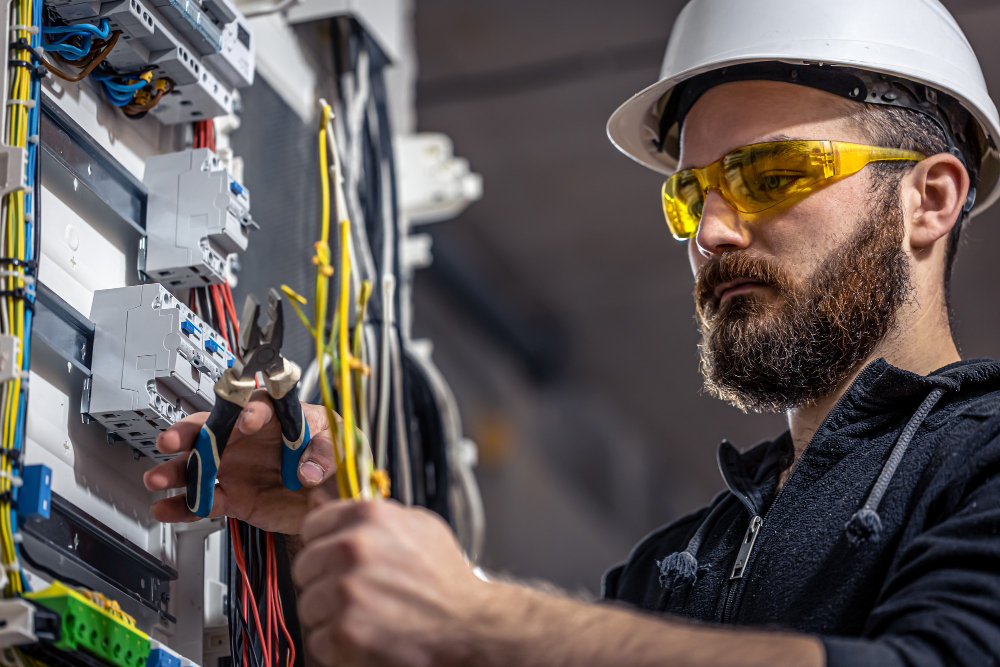The Do’s and Don’ts of Electrical Safety

Electricity is an essential component of modern society, powering homes and businesses across the globe. However, with great power comes great responsibility, and electrical safety should be a top priority for everyone. Electrical accidents can be severe and even fatal, making it crucial to understand the do’s and don’ts of electrical safety. In this blog post, we’ll provide you with a comprehensive guide to electrical safety, covering everything from what you should do to prevent accidents to what you shouldn’t do to avoid risks.
Do’s:
- Always hire a licensed and trained professional electrician to handle any electrical work in your home or workplace. Doing electrical work yourself without proper knowledge and training can put yourself and others at risk.
- Make sure that all electrical appliances and devices are installed carefully and correctly, with grounding and protective insulation in place. Preventive measures, such as surge protectors, can also be useful in safeguarding your devices from electrical surges.
- Regularly conduct electrical safety inspections, especially in older homes or workplaces. Call a professional electrician for an assessment, looking for outdated wiring, exposed wires, and other dangerous electrical problems.
- Ensure that all electrical outlets and switches have cover plates and protect against children’s tampering, such as inserting their fingers and objects into the openings.
- Use extension cords only for a short-term or temporary solution. Lengthy use of extension cords can lead to electrical fires and other hazards.
Don’ts:
- Do not attempt to fix or repair electrical devices yourself unless you have the proper training and qualifications. Leave the job to professionals to avoid any accidents or injuries.
- Do not use electrical devices near water, such as using a hairdryer near a bathtub or wet floor. Water and electricity do not mix, and this can lead to severe injuries or even death.
- Do not overload electrical outlets and extension cords. Overloading can cause overheating, shorts, and electrical fires.
- Never use a damaged or frayed cord. Replace any cords with extensive wear and tear to avoid electrical shock or potential fires.
- Do not use generic or nonstandard electrical parts or devices not approved by the manufacturer. These parts may not provide the necessary grounding or insulation, leading to potential risks.
Conclusion
Electrical safety is critical, and taking the necessary precautions can avoid accidents, injuries, and even fatalities. By following the do’s and don’ts of electrical safety, you can have peace of mind that you're doing everything in your power to protect yourself and others. If you're looking for electricians in Apopka, FL, remember to contact a professional electrician like Spectrum Electric Inc for any electrical work or inspection needed, and don’t hesitate to seek out more information or education on electrical safety. Stay safe!
